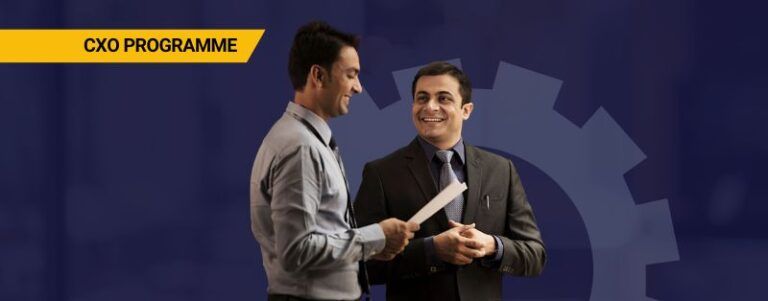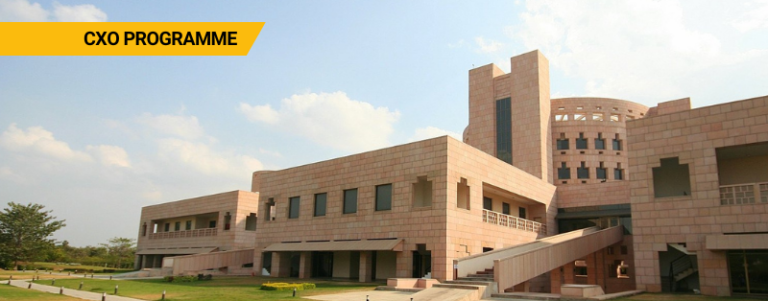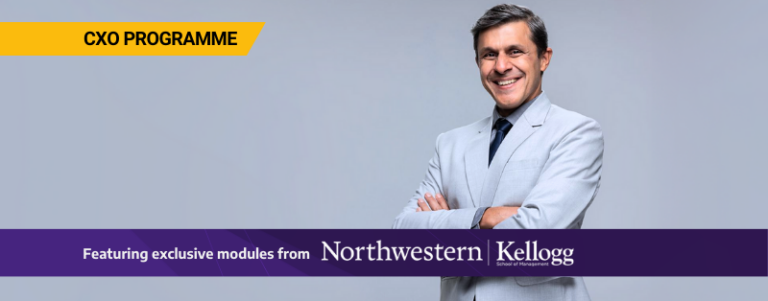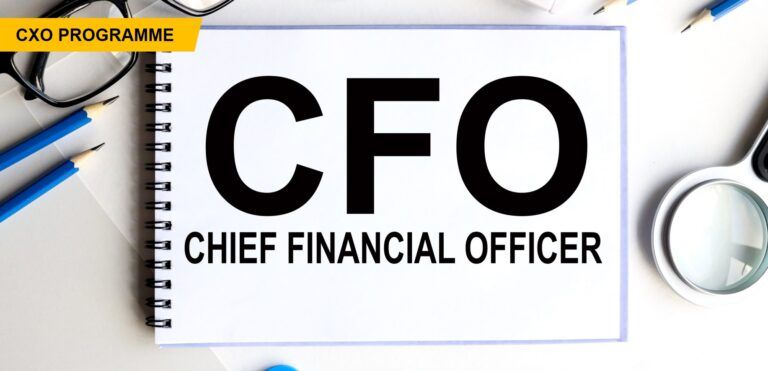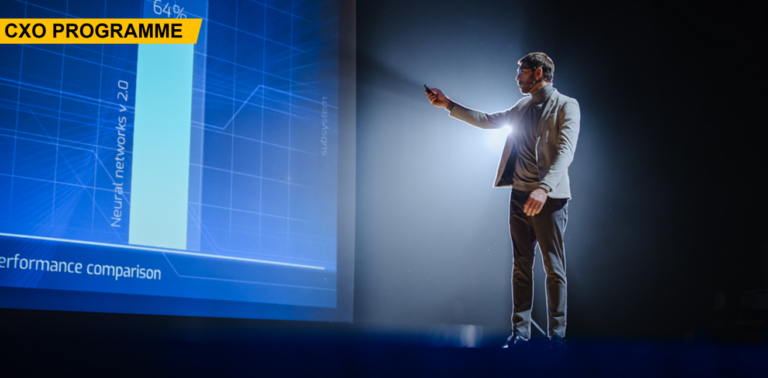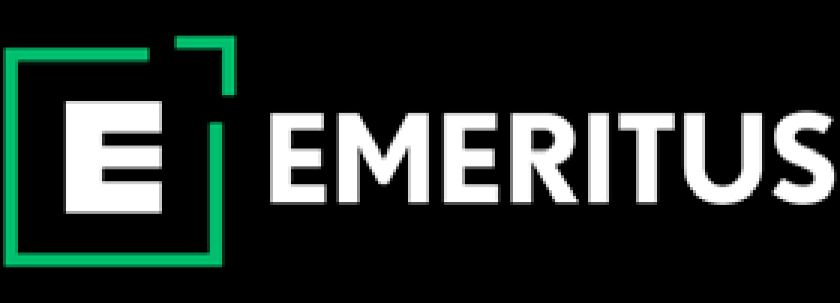The Art of Cracking Interviews

The word ‘Interview’ can make most people (agnostic of industry and experience) jittery and nervous. How about a day when people could switch jobs without going through the grind of a multi-round, multi-member interview process? Sounds cool, but unfortunately, it isn’t happening for the foreseeable future, so let us focus our energies on getting better at cracking interviews.
Based on my experience of conducting more than 750+ interviews across companies and job profiles for prospective employees ranging from freshers to those having a rich and diverse experience of up to 14 years, I would like to share some simple but critical elements, which if you focus on diligently will go a long way in improving your performance in the next set of interviews.
Know how to start preparing for an Interview
We have all heard the rhetoric “All is well that end’s well.” However, in case of an interview, you would listen to people saying, ‘All would be well that begins well”. You would generally receive interview calls with minimal time to prepare, and if you do get some time, your current job would seldom allow you adequate bandwidth to prepare. So, the secret here is to know – Where to start and how much ground to cover? A simple answer to this complicated question is to focus all your energies on understanding the different aspects of the job description. This would be your perimeter of the playfield. A thorough reading and understanding of the job description would tell you the following
- Brief profile of the company. Follow it up by visiting the company website and going through the Mission, Vision, and Values (at the bare minimum)
- Technical aspects of your job (this is where you will get hints to refresh your technical concepts)
- Skills (technical & soft) pertinent to your role. At different points during the interview process, find ways to emphasize, re-emphasize and overemphasize (if required) your skills that match the role.
- Accomplishments from your current & previous roles that should be included in your elevator pitch to the interviewer
- Don’t ignore the desirable element of the job description. If you fulfill even one of the desirables, you are going into the interview process with an advantage.
 Keep the Interview Conversational
Keep the Interview Conversational
Candidates generally tend to keep the interaction with the interviewer overly technical (restricted to only the technical concepts). For a moment, think about how you would react to an excessively technical conversation if you were the interviewer. No doubt it would be very difficult for you to keep yourself interested either in the discussion or the candidate. Yes, there is a prospective job at stake, and you are trying to give your best, but it is important to engage in a manner that the interviewer has a keen interest in what you share with them. Think of conversations that you generally have with your friends, and the interview discussion should be no different.
Leadership Courses
Understand the intent behind the questions that are being asked
A good, smart, and experienced interviewer would position their questions in a manner to get the relevant information for him to decide your candidature. Interviewers would ask questions to understand three different aspects(3F’s) of the job that you have applied for
- Your fitment for the role
- Your fitment to the team you would join within the organization
- Your fitment to the company
The weightage of these questions could vary depending on the role that you have applied for. However, even if you assume an equal weightage, it would not harm.
Connect the Dots
An easy and effective way to increase your chances of getting selected for the job/role is by boosting the interviewer’s confidence in your candidature. This can be easily achieved by using appropriate examples while answering questions. Make a diligent effort to share stories and connect them to the different aspects of the role. While picking examples for communicating with the interviewer, keep in mind the following:
- Pick your best example from your current work profile or experience
- Make sure that you give a brief overview of what the situation was and what was the expected outcome. The interviewer would be highly interested in understanding how you managed the situation, what your approach was, and if you achieved the outcome (to what extent).
- Make sure you relate your example to a specific element(s) of the role that you have applied for
The elephant in the room – Situational & Abstract Questions
Having spoken with several candidates, one common reason for interviewees who failed is as follows – “The interviewer asked us a few questions that seemed not relevant to the role; they seemed out of context (syllabus). Well, this cannot and will never happen. Interviewers are in search of good candidates, and given the limitations of the talent pool, they would generally never let go of an opportunity to hire you as a prospective employee, provided you meet their hiring criteria. While candidates may feel comfortable answering technical questions, the situational and abstract questions tend to be classified as out of context. These are those questions that would give reasonable assurance to the interviewer about how you think and act in varied and unusual situations. General probing areas could include – teamwork, people management, stakeholder management, thinking and doing things differently, problem-solving, etc.
Demonstrate Curiosity
The interviewer has an explicit right to ask you questions and decide whether they would like to go ahead and hire you as a prospective employee based on your responses. However, during the interview process, it is also implicit that you can / should ask questions to the interviewer. It is good to ask the interviewer about their journey with the company, their growth, challenges they overcame, the team’s vision, department, etc. This is a smart way to extract relevant details from the interviewer and use them to re-emphasize important elements to further strengthen your candidature for the role. On a lighter note, generally, interviewers love to talk. It is on you to extract relevant information from them, giving you clarity and a reasonable opportunity to be selected.
More than a science, the interview process is an art. So, the next time you start preparing for an upcoming interview, keep in mind and consciously practice these prescribed elements. You would begin to witness a change in the way you approach an interview, and as a result, the outcome is also likely to improve. Happy Interviewing!
~ Akhil Iyer | Author, Coach and Speaker | Propelurs Consulting | Ex Assistant Director EY GDS



